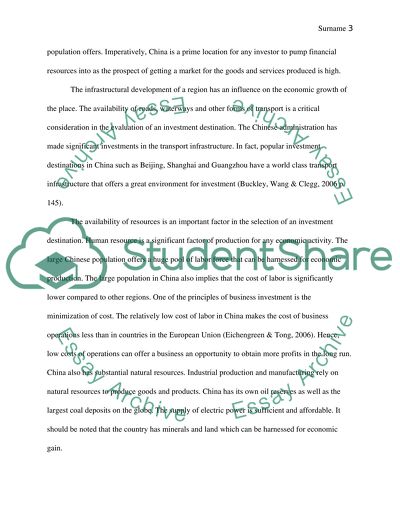Cite this document
(“Security analysis Essay Example | Topics and Well Written Essays - 2000 words”, n.d.)
Retrieved from https://studentshare.org/finance-accounting/1470101-security-analysis
Retrieved from https://studentshare.org/finance-accounting/1470101-security-analysis
(Security Analysis Essay Example | Topics and Well Written Essays - 2000 Words)
https://studentshare.org/finance-accounting/1470101-security-analysis.
https://studentshare.org/finance-accounting/1470101-security-analysis.
“Security Analysis Essay Example | Topics and Well Written Essays - 2000 Words”, n.d. https://studentshare.org/finance-accounting/1470101-security-analysis.


